 |
| February 05, 2020 |
Dear Reader,
As the new coronavirus outbreak continues in China and around the world, scientists are rushing to understand how far and fast it might spread. One key number used by epidemiologists is a critical part of this effort. Watch our video explainer to learn more. For the February issue we investigated what's really inside meatless patties such as the Impossible Burger and Beyond Burger. You might be surprised by some of the ingredients. |
| | Sunya Bhutta, Senior Editor, Audience Engagement
@sunyaaa | |
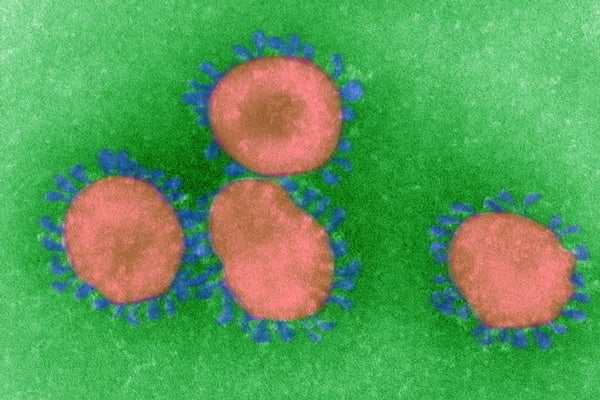 |
| |
| |
| |
| |
| Medical & Biotech Step Aside, CRISPR: RNA Editing is Taking Off Making changes to the molecular messengers that create proteins might offer flexible therapies for cancer, pain or high cholesterol, in addition to genetic disorders | | By Sara Reardon,Nature magazine | | | |
| |
FROM THE STORE
 | | Playing Politics: The Science of Elections Politics makes strange bedfellows, and that becomes even more apparent when trying to analyze the science of politics. Pulling from an array of disciplines including social science, behavioral science and mathematics, this eBook analyzes key factors in the process of electing a leader. |  | | |
| |
FROM THE ARCHIVE
 | | | |
LATEST ISSUES
 |
| |
| Questions? Comments?  | |
| Download the Scientific American App |
| |
| |



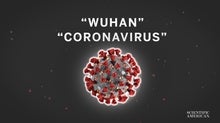
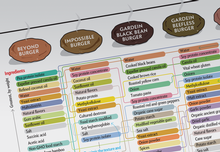
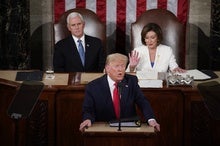
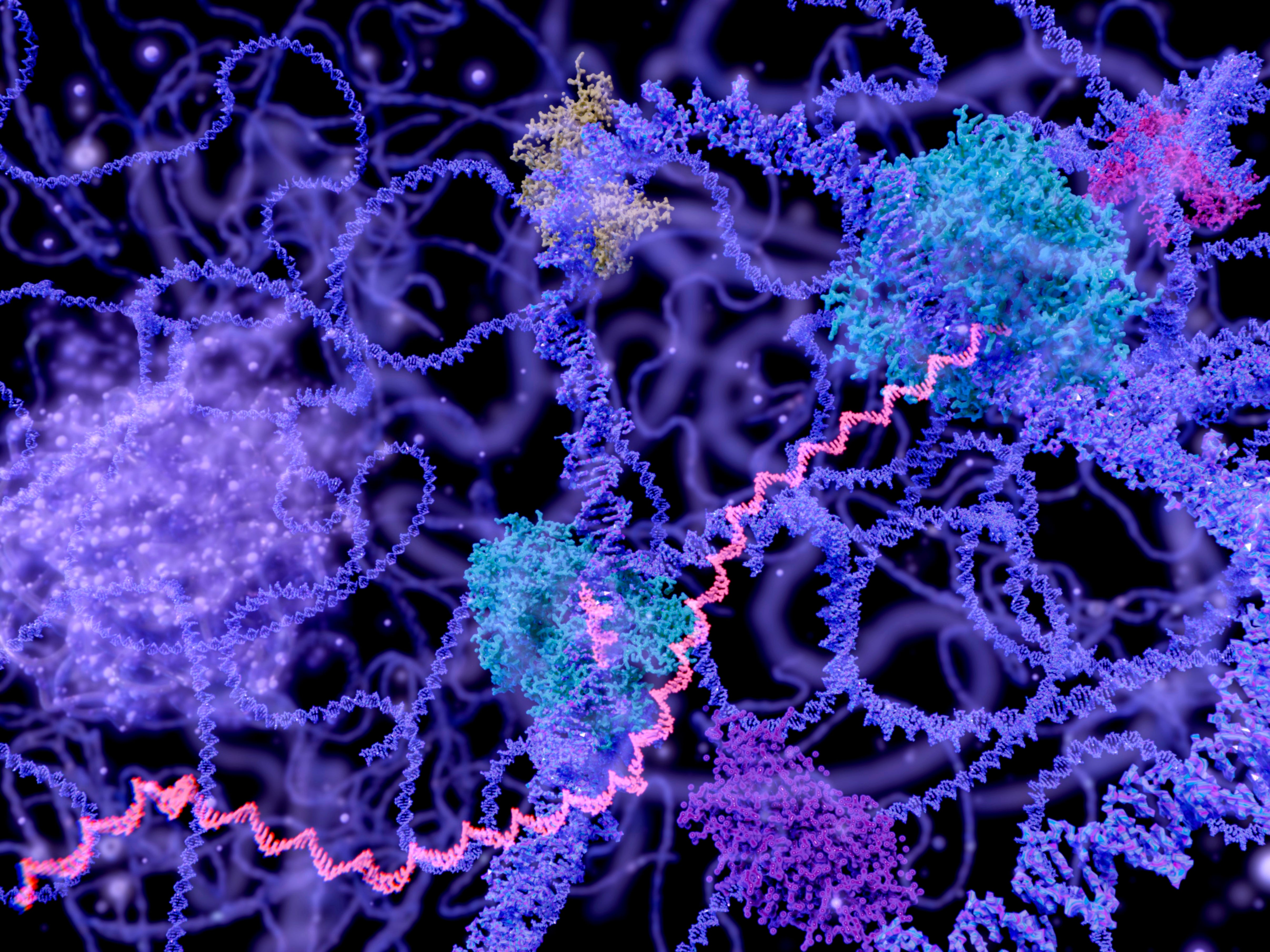
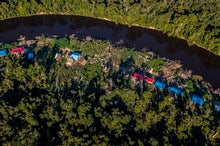
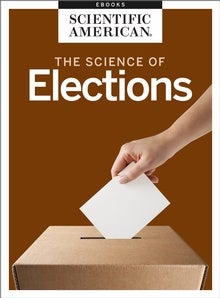

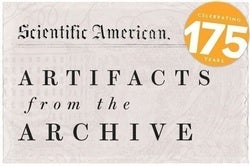
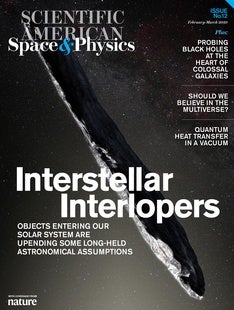

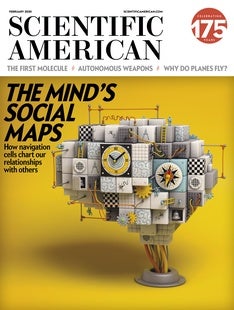
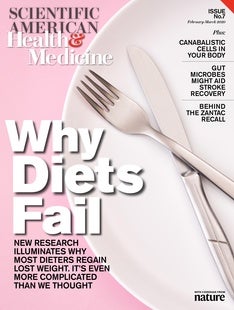
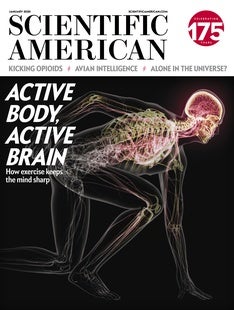



Comments
Post a Comment